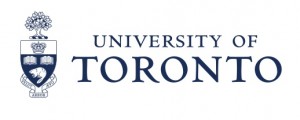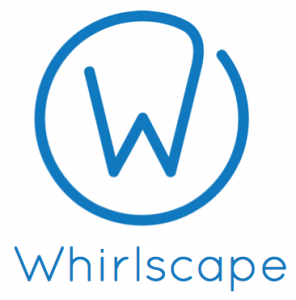U of T researchers demonstrate new class of solar-sensitive nanoparticle
 New research emerging from the University of Toronto’s Edward S Rogers Sr. Department of Electrical and Computer Engineering is developing and demonstrating a new class of solar-sensitive nanoparticle.
New research emerging from the University of Toronto’s Edward S Rogers Sr. Department of Electrical and Computer Engineering is developing and demonstrating a new class of solar-sensitive nanoparticle.
MaRS Innovation is working with Professor Ted Sargent, his research team and U of T’s Innovations and Partnerships Office (IPO) to incubate and commercialize this and other solar technologies. Their work was recently published in Nature Materials.
The paper’s publication was widely covered in the technical trades, including CNET.com, Tech Times, Compound Semiconductor.net and Gizmag, among others, and on the university’s website.
Here’s an excerpt from power-technology.com:
Led by post-doctoral researcher Zhijun Ning and Professor Ted Sargent, the research work resulted in the development of a new form of solid, stable light-sensitive nanoparticles, known as colloidal quantum dots.
Developed in collaboration with Dalhousie University, King Abdullah University of Science and Technology and Huazhong University of Science and Technology, the solar-sensitive nanoparticles are cheaper than the traditional panels, large and rectangular.
In addition to being cheaper, the colloidal quantum dots are more flexible solar cells, and better gas sensors, infrared lasers, infrared light emitting diodes and more.



